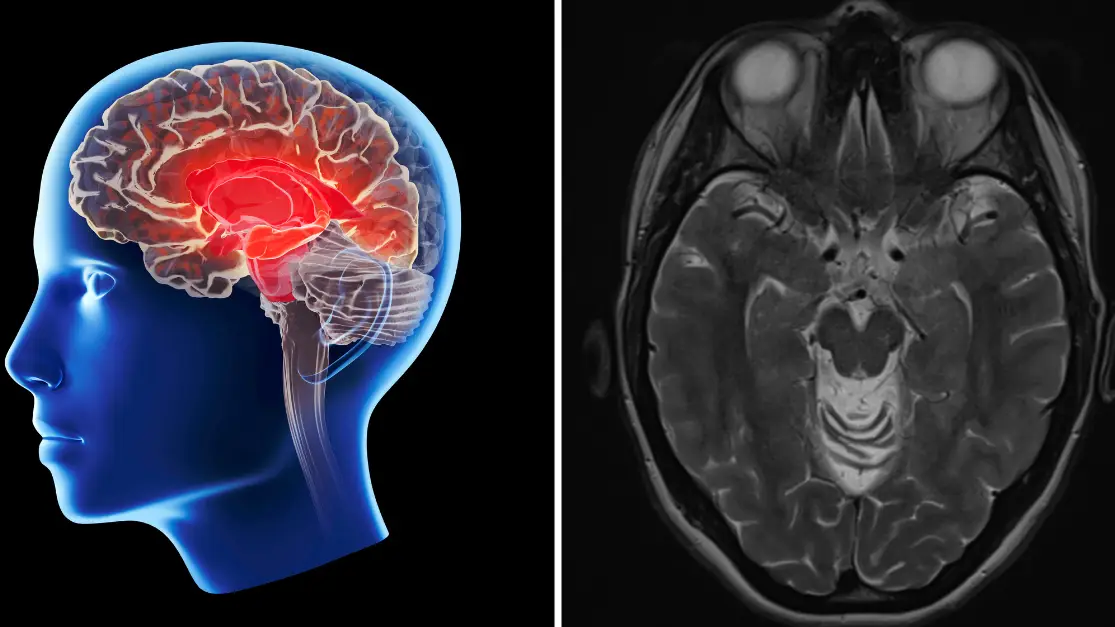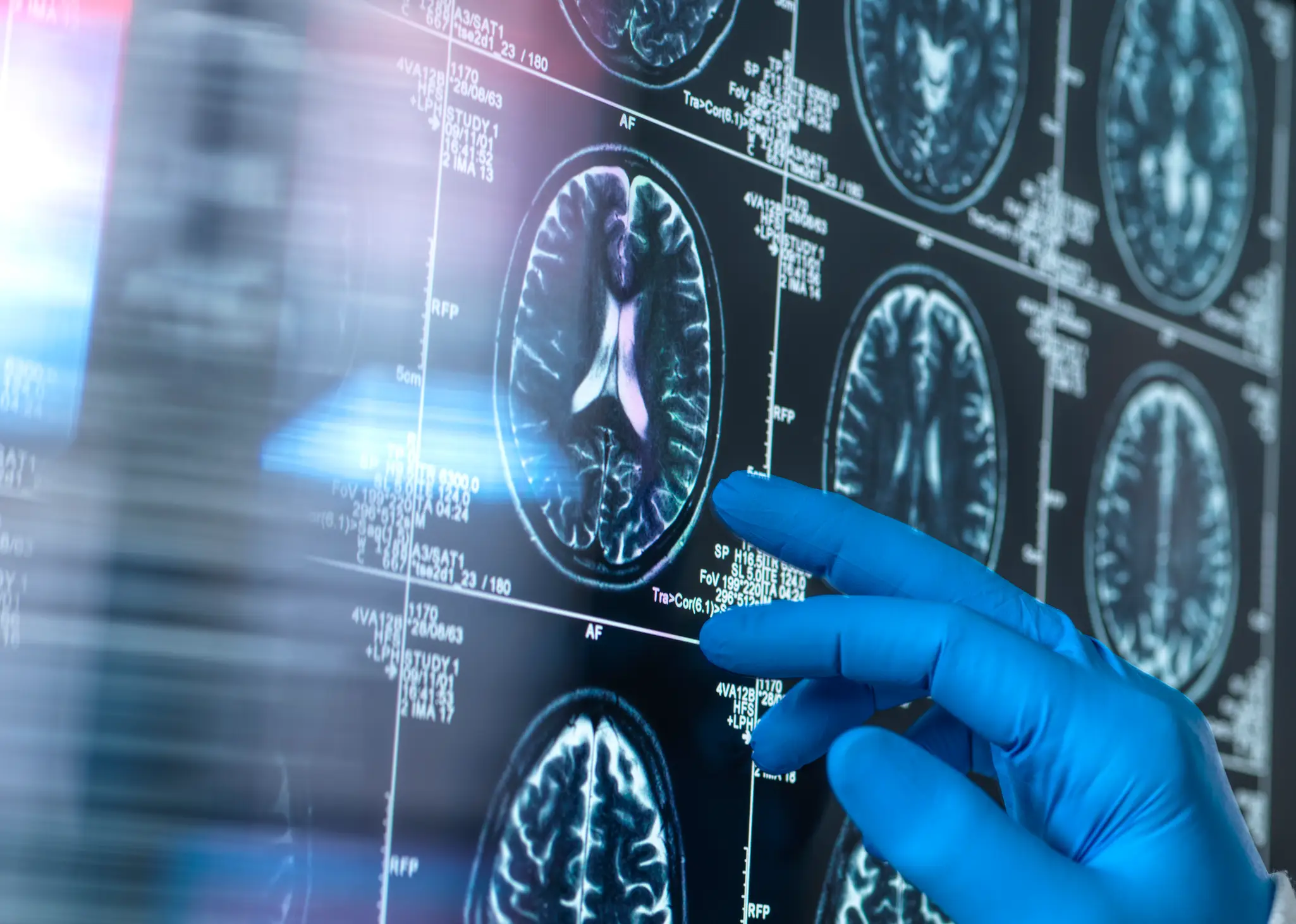
There are four main warning signs that your brain might not be in the best shape, as experts warn Alziemer's can often begin long before symptoms arise.
Most people know of someone, whether it be family or friends, who has been affected by Alzheimer's.
The awful disease often forces loved ones to lose their relative 'twice', as they lose the person throughout the course of the condition worsening, and then when they eventually die.
Alzheimer's typically affects people over the age of 65, but experts are encouraging people to learn the signs as early as possible as they could take hold years before being diagnosed with the illness.
Advert
The disease slowly erodes the memory of a person, which means the patient ends up losing the ability to do anything for themselves.
Psychiatrist and brain imaging researcher in California, Dr. Daniel Amen, has been sharing helpful advice over on TikTok.

The expert has warned of four major giveaway signs that the condition could be developing - and when to start seeking help.
Poor memory
Dr Amen has asked people to question whether their memory is worse than it was a decade ago.
While being occasionally forgetful is a trait that lies within all of us, consistently forgetting the names of people, places and words in general could be a red flag.
He explained that the hippocampus, which is the part of the brain responsible for forming memories, is one of the earliest things to be affected by the condition.
Poor judgement and being impulsive
Dr Amen said Alzheimer's is kind of like your brain going 'offline'.
It affects a person's ability to understand certain risks involved with some tasks, such as everyday problems and tackling finances.
Decision-making can also become quite difficult as the frontal lobe becomes damaged.
Short attention span
People suffering with Alzheimer's often have a very short attention span, as they find it difficult concentrating.
The expert said: "Distractibility - not like ADHD that you’ve had your whole life - seems to be accelerating."

Low mood
Researchers found that up to half of Alzheimer's patients also suffer with depression.
Irritability or mood swings can be common, as the disease affects the areas of the brain which are responsible for emotional regulation.
The doctor warned that there are multiple risk factors that can raise your chances of developing the condition.
He said: "If you have any of these risk factors, now is the time to get serious about brain health."
Alzheimer's risk factors:
- Obesity
- Low energy
- Erectile dysfunction
- Insomnia or sleep apnea
If you're worried about yourself or a loved one developing Alzheimer's, it's important to talk to your GP.
If you've been affected by dementia or Alzheimer's and would like to speak with someone in confidence, contact the Alzheimer’s Society via 0333 150 3456 or visit their website for more information.
